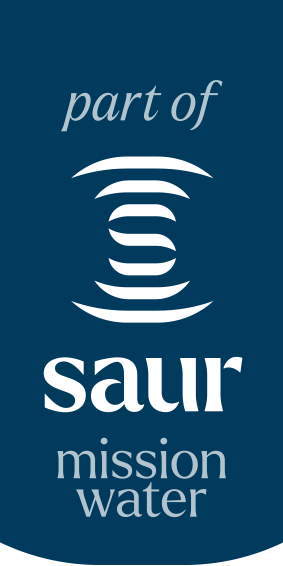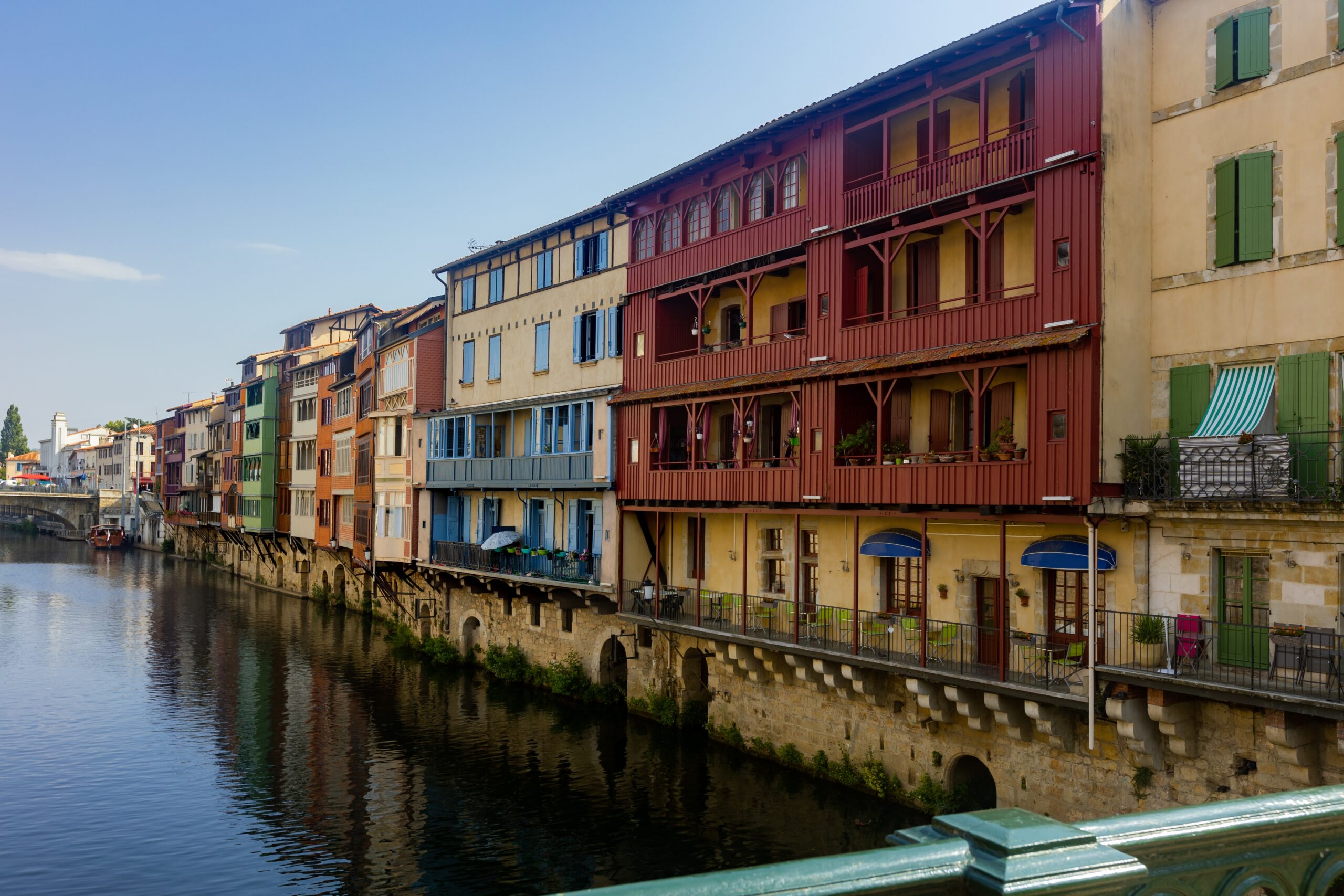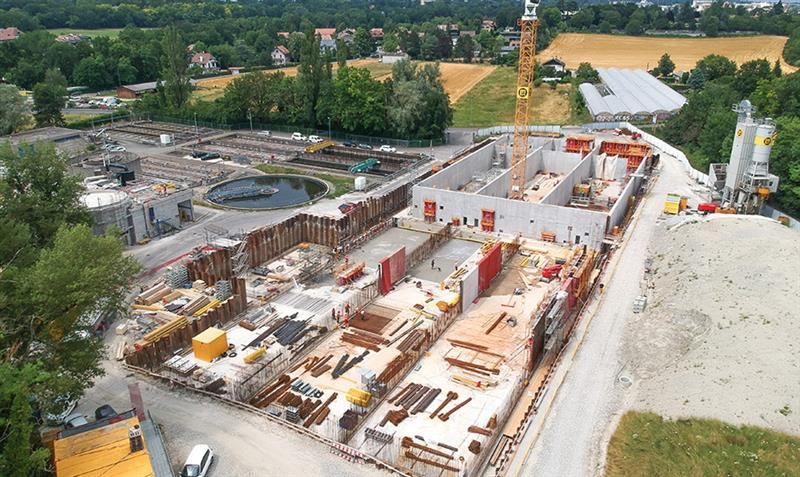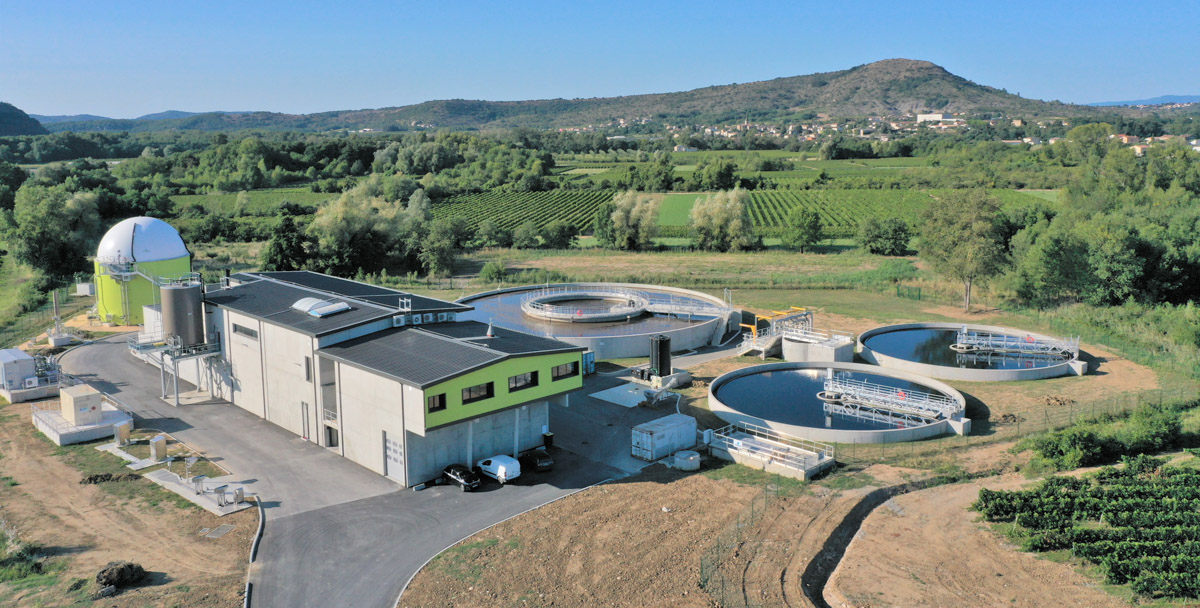- Wastewater
Republic of Djibouti (East Africa)
Djibouti: reuse of treated wastewater in response to water stress
The water resources of the Republic of Djibouti are among the scarcest in the world. Faced with constant and severe water stress, the National Water and Sanitation Office of Djibouti (ONEAD) has made the development of the water sector a national priority. In 2013, they selected Stereau to design and construct the wastewater treatment plant in Doudah, which treats a portion of the effluents from the city of Djibouti, and implement a reclaimed wastewater system for agricultural irrigation purposes.
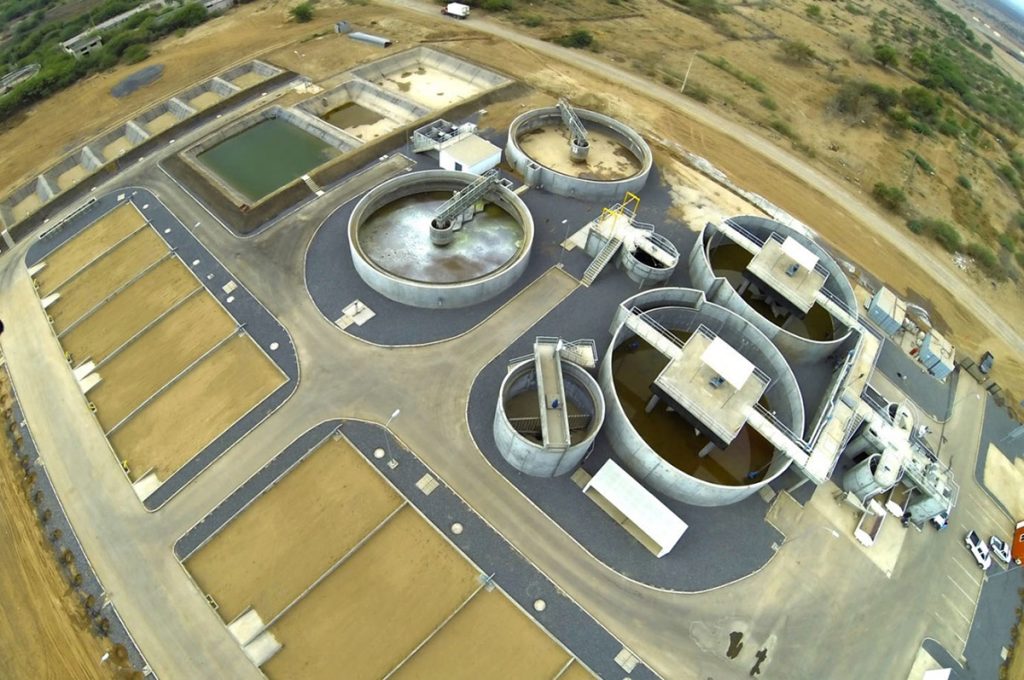
The challenges
- Improving the quality of life and the health safety of the inhabitants of Djibouti.
- Preserving coastal waters and biodiversity
- Sparing the resources of aquifers through the reuse of treated wastewater
Our solutions
- For this project, Stereau has provided its expertise in wastewater treatment and reuse: a tertiary treatment and chlorine disinfection enable achieving a level of treated water quality that exceeds the standards set by the WHO for the reuse of treated wastewater.
- The water treatment process includes:
- a comprehensive pretreatment including septic waste treatment
- a low-rate activated sludge aeration,
- a screening process,
- a disinfection process to enable the reuse of treated water for irrigation,
- a storage basin for the treated water,
- a pumping system with discharge.
Benefits
- 400 hectares of crops (plantations, green spaces, and vegetable gardens) benefit from the treated wastewater at the Doudah wastewater treatment plant, contributing to the development of an ecological area aimed at protecting biodiversity.
- The sludge resulting from the treatment process contributes to the enhancement of agricultural soils.
- The wastewater treatment plant thus prevents the discharge of effluents into the Doudah River, which flows directly into the Gulf of Aden, connecting the Red Sea and the Arabian Sea through the Bab-el-Mandeb Strait.
Volume of treated wastewater: 3,700 m3/day :
3,700
m3/day
40,000
residents served by sanitation (expandable to 80,000)
Commissioned in
2014
after 16 months of construction
